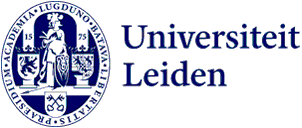Leiden Leadership Lunch: State of the Art Crisis Management: Implications for Leadership
What lessons can public leaders draw from crisis management? In the second Leiden Leadership Lunch in our series on ‘Leadership opportunities in times of crisis’ Dr. Jaap van Lakerveld and Dr. Jeroen Wolbers – experts in the field of crisis management – shared their insights from the recently published report ‘State of the art crisis management – phase 2’. Especially now that we find ourselves in the midst of a pandemic, there is an even more urgent need to reflect on the role of public leadership in dealing with a crisis.

Analysis of Crisis Management
The analysis of crisis management can be divided into 4 main phases: (1) recognizing a crisis and making sense of it (2) organizing the response to a crisis (3) communicating the societal impact, and (4) policy and learning. Research into various cases has shown that particularly the processes of sensemaking and communicating are seen as problematic. Especially the initial identification and problem definition of a crisis is crucial for informing the subsequent response.
Network Governance
The most important challenge for public leadership in crisis management pertains to network governance. Public leaders have a crucial role in ensuring continuity in crisis management and investing in durable partnerships particularly outside times of crisis. Moreover, public leadership has the task to build bridges between multiple stages of crisis management. Public leaders should point out the links between preparation and training before a crisis and the evaluation of a crisis afterwards.
Besides this connecting role, in the implementation phase of a crisis, leadership requires a certain degree of agility, insight and flexibility in order to recognize the dynamic nature of a crisis and to be able to adjust policy and strategies accordingly.
More information on this Leiden Leadership Lunch and the series ‘Leadership opportunities in times of crisis’ can be found on our Dutch page.
